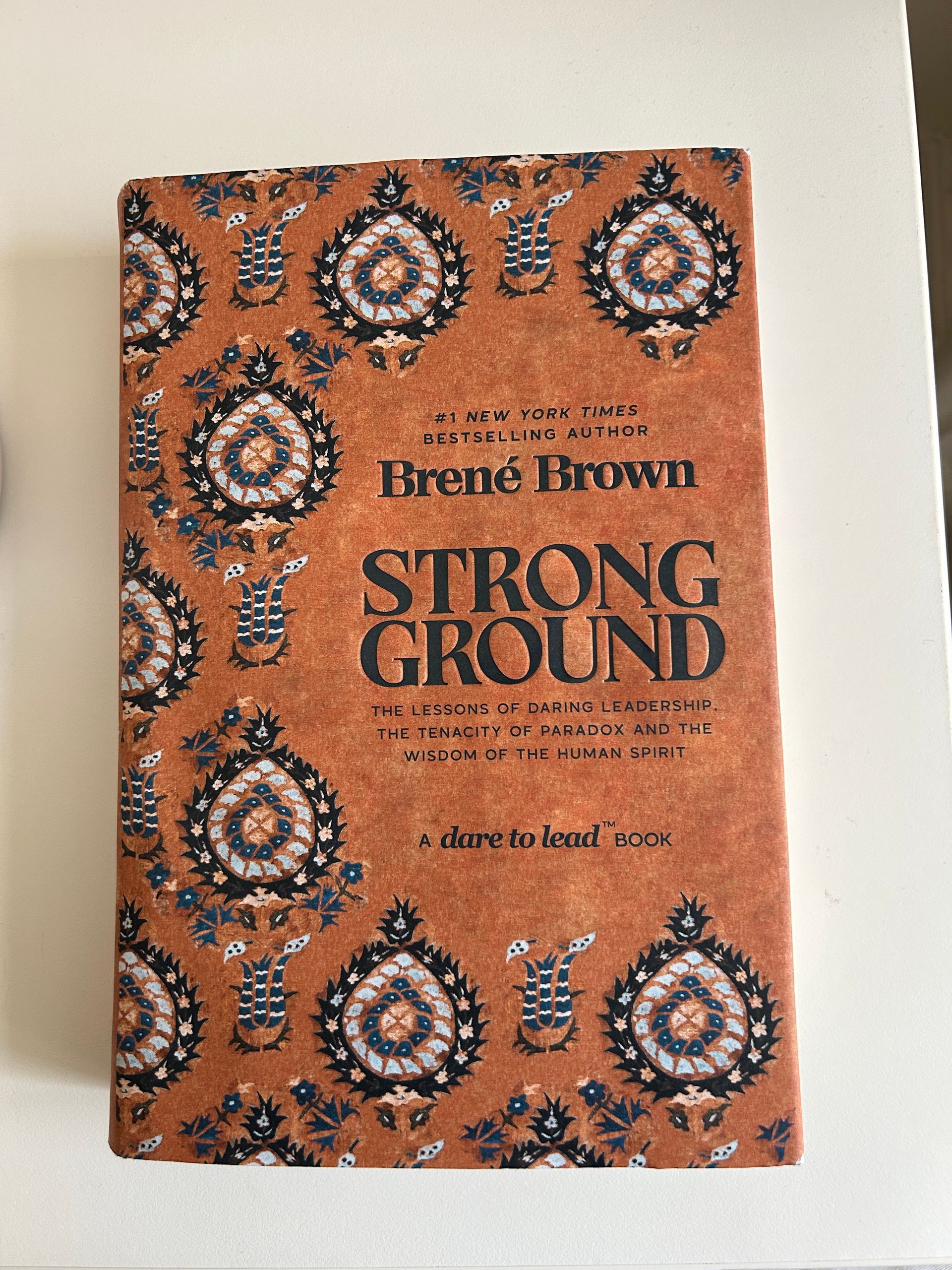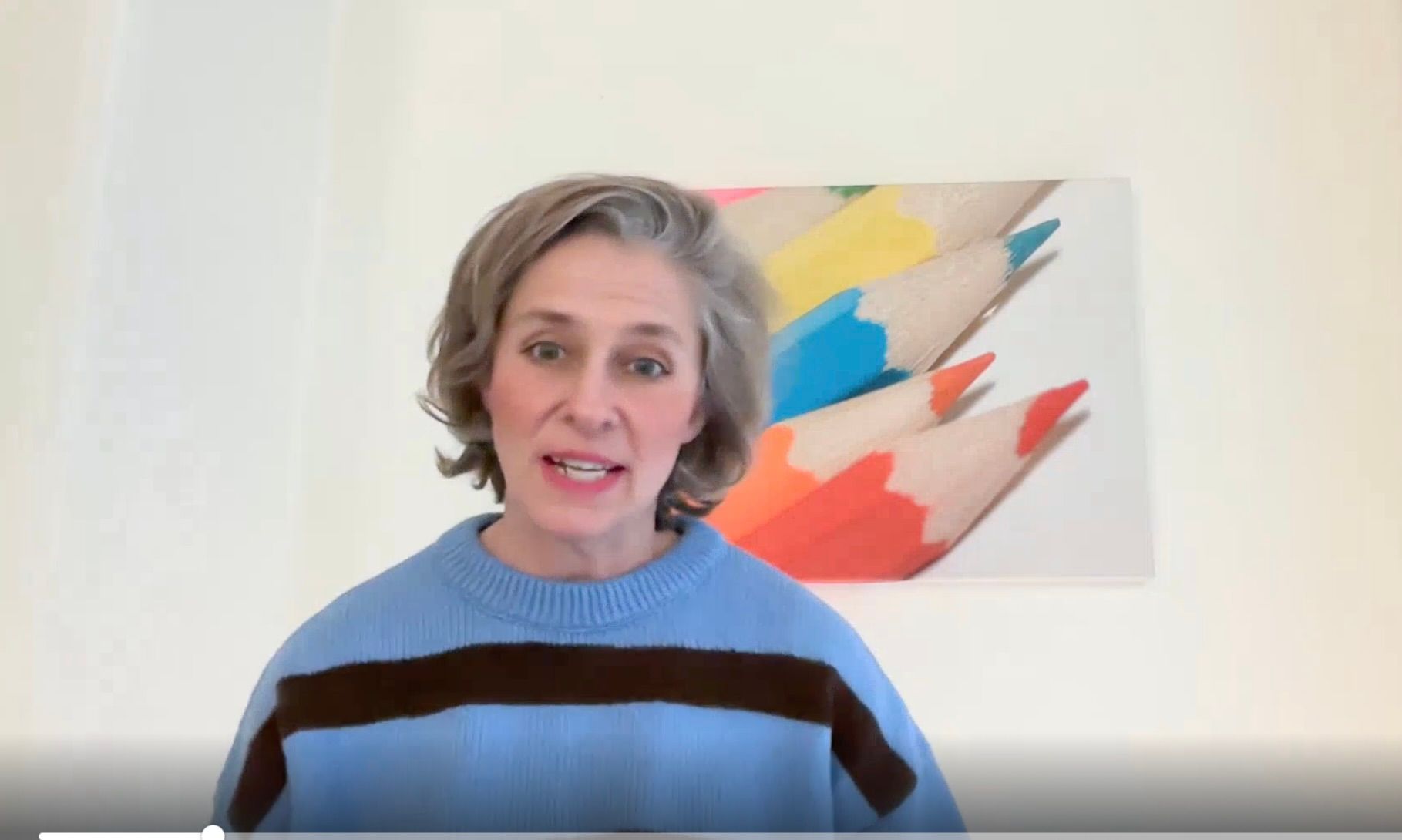Book summary of “When” by Daniel Pink
The scientific secrets of perfect timing
“We all know that timing is everything. Trouble is, we don’t know much about timing itself.” Daniel Pink
Pink explains that we use our gut to make decisions on when we should eat or sleep when in actual fact there are scientific answers.
The book covers three main lessons:-
- Our emotions run through the same cycle everyday
- Knowing how you “tick” will help you do your best at work
- Taking a break or an afternoon nap is not counterproductive, if anything it helps you save time
If you divide the day in three parts the obvious answer would be morning, afternoon and evening. A global study by Cornell University analyzing 500 million tweets in 84 countries with 2.4m users. The sociologists used a linguistic inventory word count to ascertain the dominating emotion for each of those parts of the day. Their findings were:-
- Morning peak – Whether its right after waking up or 1- 2 hours later, most people feel pretty good early in the day
- Afternoon – the tough period after lunch
- Evening rebound – after work you have a gear change and enter recovery mode
The same variant pattern applied across genders, race and age. Pink described this as Peak, Trough and Recovery.
Similar studies produced the same results, they looked at standardised testing of Danish students. Every hour later in the afternoon produced a decrease in the students score, so not only emotions but performance alters according to time of day.
The results would suggest that in business we would be best allocating tasks accordingly:-
- Peak – analytical tasks – intensive thinking and vigilance
- Trough – administrative activities
- Recovery – creative activities less intense focus
Corporations don’t focus on when only the what and how and yet the variance in human performance has an impact.
Even with this study in mind you still here people say “I’m a night owl” or “I love to get up early”.
Other studies can analyse your chronotype whether you are a Lark, Owl or something else which Pink describes as Third bird. Larks are the ones that love to get up early. The Owls can get to work at 9.00pm and don’t like getting up early. The Third Birds are the people who are neither early or late just follow the standard pattern which is the largest group.
The old fashioned view that breaks were a waste of time is changing with the spotlight on mental health. A time tracking company DeskTime did a study using millions of data points determining the ideal break to be 17 minutes for every 52 minutes of work. That means one hour down for every three hours.
The other study Pink shared was the “nappuccino”, you have a coffee after lunch and then set a timer for 20 minutes. It takes 7 minutes to fall asleep, you wake up a little later refreshed with the caffeine kicking in.
Viewing human performance through “When” could alter the way you manage your time and your life.
Please do get in touch for a workshop on Time Management bev@nuggetsoflearning.co.uk












